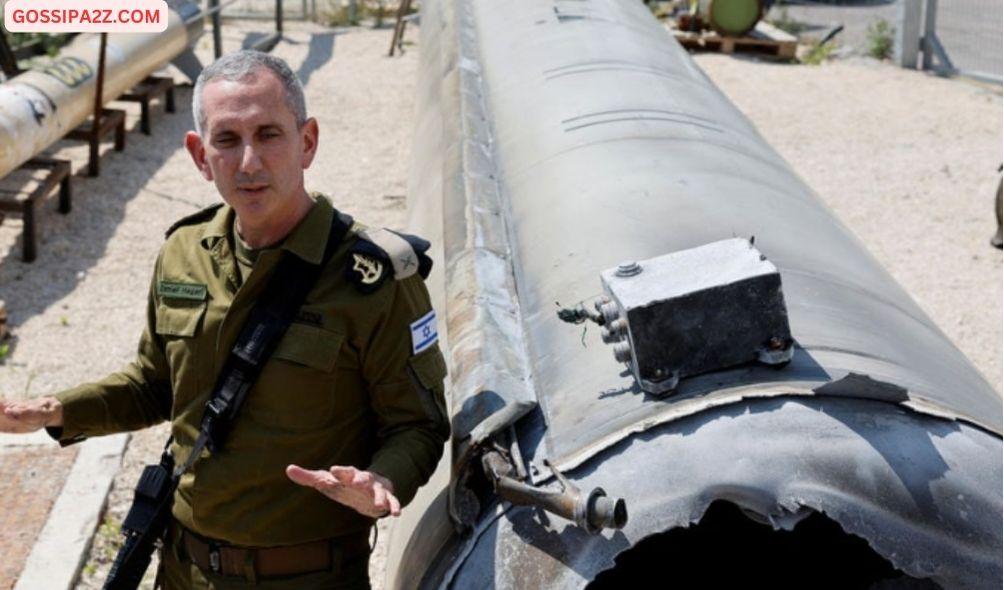What options does Israel have to strike back at Iran?
Israeli Prime Minister Benjamin Netanyahu and his close advisory team are deliberating on their response options after Iran’s assault on Saturday.
Partners such as the United States have advised Israel against sparking a broader conflict in the region, with President Joe Biden emphasizing that American troops wouldn’t participate in any retaliatory strikes against Iran.
Here are some of the options which Israel may be considering:
Air strikes
Israel might retaliate against the Iranian onslaught with airstrikes, especially since Iranian air defenses are perceived to be less advanced compared to the comprehensive multi-layered system deployed by Israel and its allies on Saturday night.
An Israeli Air Force officer told a briefing with reporters that the air force was ready to defend Israel and added: “Some of the defense is to react and attack if needed.”
“And that is put to our government and the cabinet and for them to decide how, when, and if,” the officer said.
An assault of this nature has the potential to target key installations such as Revolutionary Guards’ compounds or centers dedicated to nuclear research.
ALSO READ:
- “Two Groups, One Agenda”: Gachagua Accuses Raila of Secret Political Deals
- Exclusive: Ida Odinga’s 75th Birthday Party in Karen (Photos)
- FKF President Discloses Exact Amount Paid to Harambee Stars Players
- Gachagua’s Ally Senator John Methu Admits Ruto Might Win 2027 Elections
- Maraga Explains Why He Hasn’t Campaigned in Kisii Despite 2027 Bid
Ex-intelligence personnel suggest that targeting civilian infrastructure like power plants is improbable and must steer clear of causing harm to civilians. This caution stems from a dual concern: preserving international backing and recognizing the vulnerability of Iranian authorities to public discontent fueled by political oppression and economic hardship. It’s believed that causing significant civilian casualties could bolster support for the Iranian government among the populace.
Israel might also strike proxy organizations like Hezbollah in Lebanon or Iranian assets in nations like Syria and Iraq. Nevertheless, Iran’s direct assault on Israel for the first time implies that any such retaliation would be just one aspect of a broader response aimed at Iran itself.
CYBER ATTACK
It’s thought that Israel has conducted numerous cyber assaults in Iran over time, targeting various infrastructures like gas stations, industrial sites, and nuclear facilities. Another cyber strike is seen as one of the probable retaliatory measures.
Potential attacks of this nature might disrupt prominent sectors like energy generation or air travel services. According to ex-intelligence personnel, Israel is presumed to steer clear of targeting vital infrastructure like hospitals, akin to avoiding direct air strikes, to minimize harm to civilians.
COVERT OPERATIONS
It is thought that Israel has conducted various clandestine activities within Iran in the past, which may include the targeted killing of several high-ranking nuclear scientists.
Such operations could be carried out both inside and outside Iran.
DIPLOMACY
Apart from employing military and intelligence operations against Iran, Israel is intensifying its diplomatic initiatives to isolate Tehran. This includes extending sanctions and increasing pressure on European nations, spearheaded by Foreign Minister Israel Katz, to align with the United States in designating Iran’s Revolutionary Guards as a terrorist entity.
What options does Israel have to strike back at Iran?
